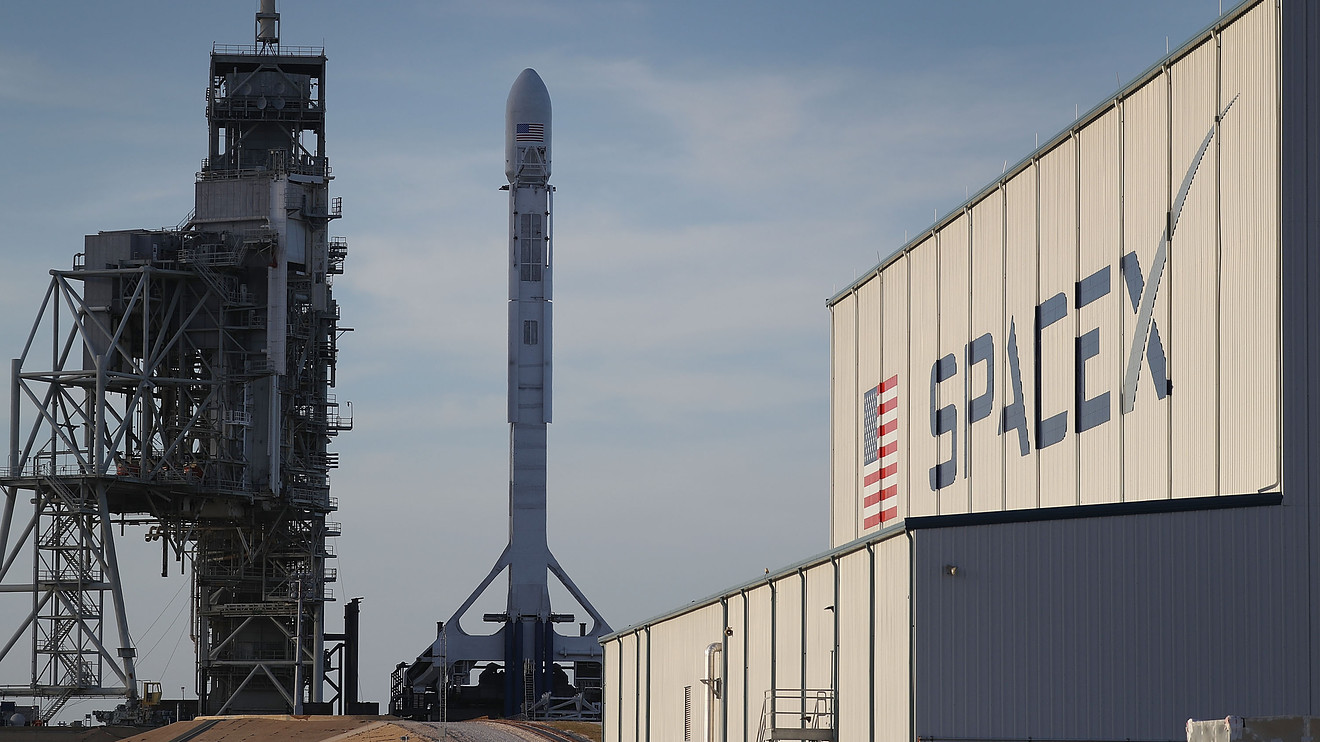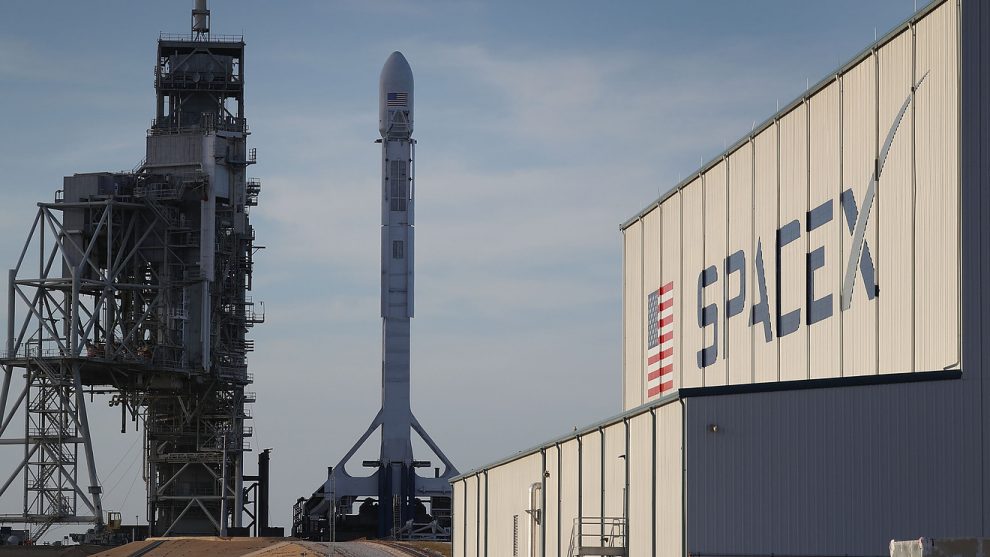
Third time’s a charm.
After two delays last week, Elon Musk’s SpaceX launched its heaviest payload yet Thursday night, launching dozens of satellites that are intended to eventually provide high-speed internet access from space.
A reusable Falcon 9 rocket lifted off from Florida’s Cape Canaveral carrying 60 Starlink satellites, weighing about 18.5 tons in total. Minutes later, the rocket — sans payload — successfully landed on a drone ship, SpaceX said. The mission had been originally scheduled for last Wednesday, but was scrubbed shortly before launch two nights in a row.
“Starlink mission will be heaviest @SpaceX payload ever at 18.5 tons. If all goes well, each launch of 60 satellites will generate more power than Space Station & deliver 1 terabit of bandwidth to Earth,” Musk tweeted last week.
Also read: SpaceX rockets were imperiled in a ‘potentially catastrophic’ way, prosecutors say
Musk said six more launches of 60 satellites each will be necessary “for initial activation,” and 12 more to provide “significant coverage.” In all, the Starlink project aims to eventually launch up to 12,000 satellites. About 4,400 satellites will orbit between 340 and 823 miles up, and another group of about 7,500 satellites will orbit lower, between 208 and 214 miles above Earth, according to SpaceX. The company hopes the satellite “constellation” will eventually provide high-speed internet coverage around the globe.
In a call with media last week, Musk said SpaceX envisions the satellite network as a way to fund its future Mars missions.
See also: Elon Musk says Jeff Bezos’s plan to colonize space ‘makes no sense’
“We see this as a way for SpaceX to generate revenue that can be used to develop more and more advanced rockets and spaceships,” Musk said, according to CNBC.
“We believe we can use the revenue from Starlink to fund Starship,” he said, referring to the company’s massive spacecraft that could one day fly to Mars and back.
Musk added that SpaceX has enough funding to get the Starlink project off the ground. “At this point it looks like we have sufficient capital to get to an operational level,” Musk said, according to CNBC.












